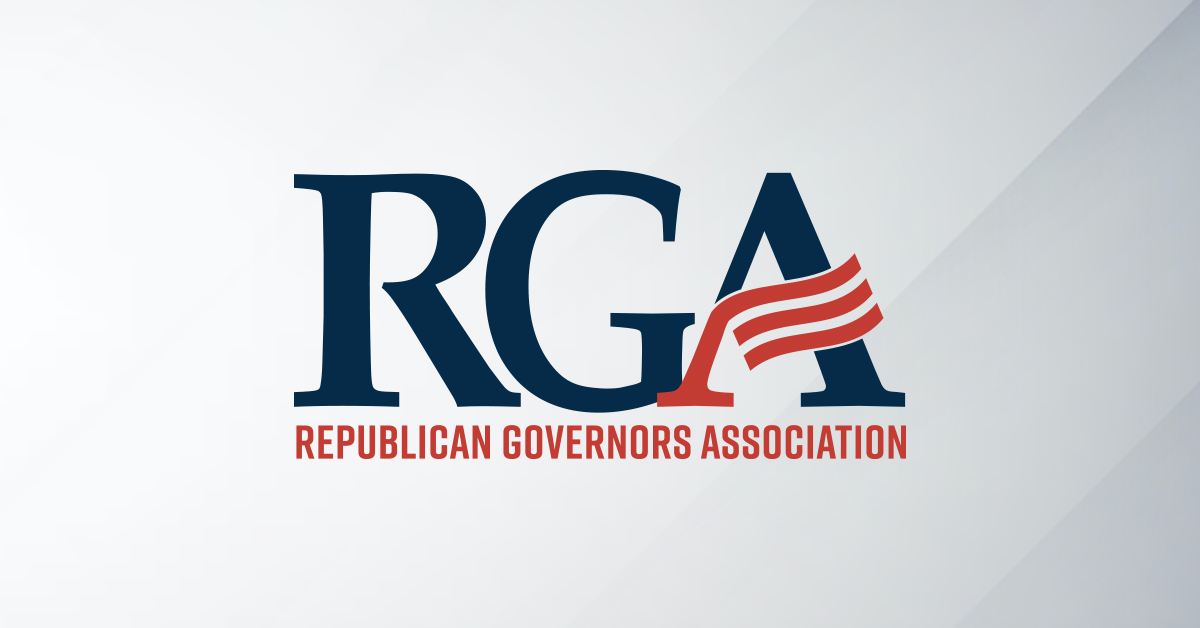Top French court rejects large parts of controversial immigration bill
More than a third of articles in a controversial immigration bill must be scrapped, France’s Constitutional Council has said.
The council, a body that validates the constitutionality of laws, rejected measures in the bill on Thursday that call for the toughening of access to social benefits, family reunification, and the introduction of immigration quotas set by parliament.
It upheld much of the bill initially presented by President Emmanuel Macron’s government but criticised the contentious additions made under pressure from the political right and far right.
Jordan Bardella, the president of the far-right National Rally party, slammed the ruling, which he described as a “coup by the judges, with the backing of the president”.
Previous criticism from Philippe Marliere, a professor in French and European Politics at University College London:
Indeed, “national preference” – the French first doctrine name-checked by Le Pen and long espoused by the French far-right – had “up until now [been] rejected by the rest of the political spectrum”, but, by virtue of this legislation, has today made it into the political mainstream.
“[National preference] has been [promoted] by the far-right in France for 50 years and with this bill it has got what it has always wanted,” said Marliere of the principle which, say its detractors, would codify a two-tier system in France by prioritising French citizens over legal migrants.
“But without even winning a general election and [Marine] Le Pen being elected president.”
Yeah Macron had his people craft this awful law to have it voted by the the right wing parliamentaries, the far right voted for it as well saying it was everything they ever wanted, but Macron and his government actually wanted/expected the constitutional court to take down most of the bad stuff they accepted in the law which is what happened. The government think it's genius because they court the far right voters by showing them that they too are racist but don't actually have to put in place too many racist measures. What's actually happening is that far right propositions are being normalized, the far right is now saying that the constitution is stopping good measures backed by the vast majority of parliament and that therefore the constitution needs to be put aside. They've enabled the far right, and have been enabling them for years now. Things are bad.




